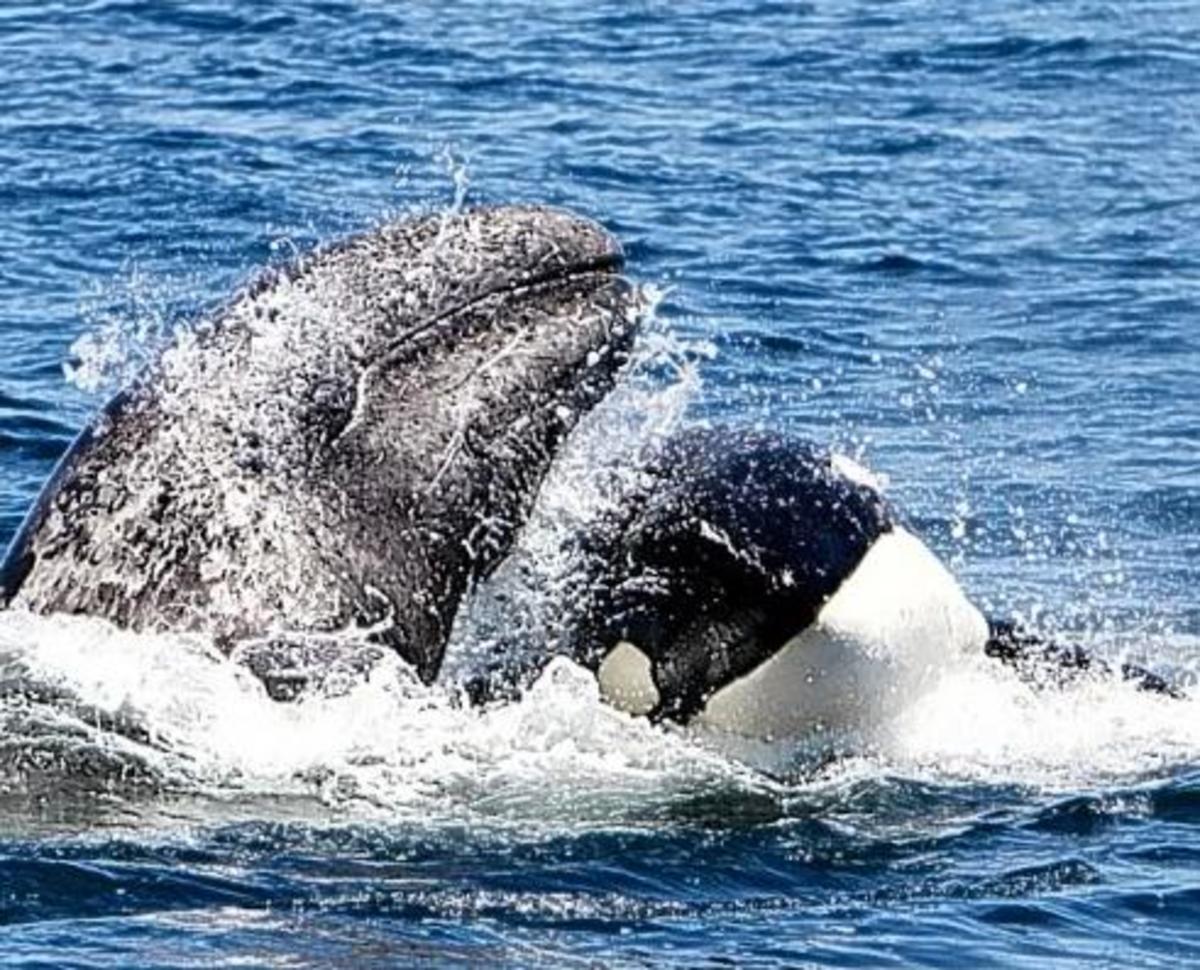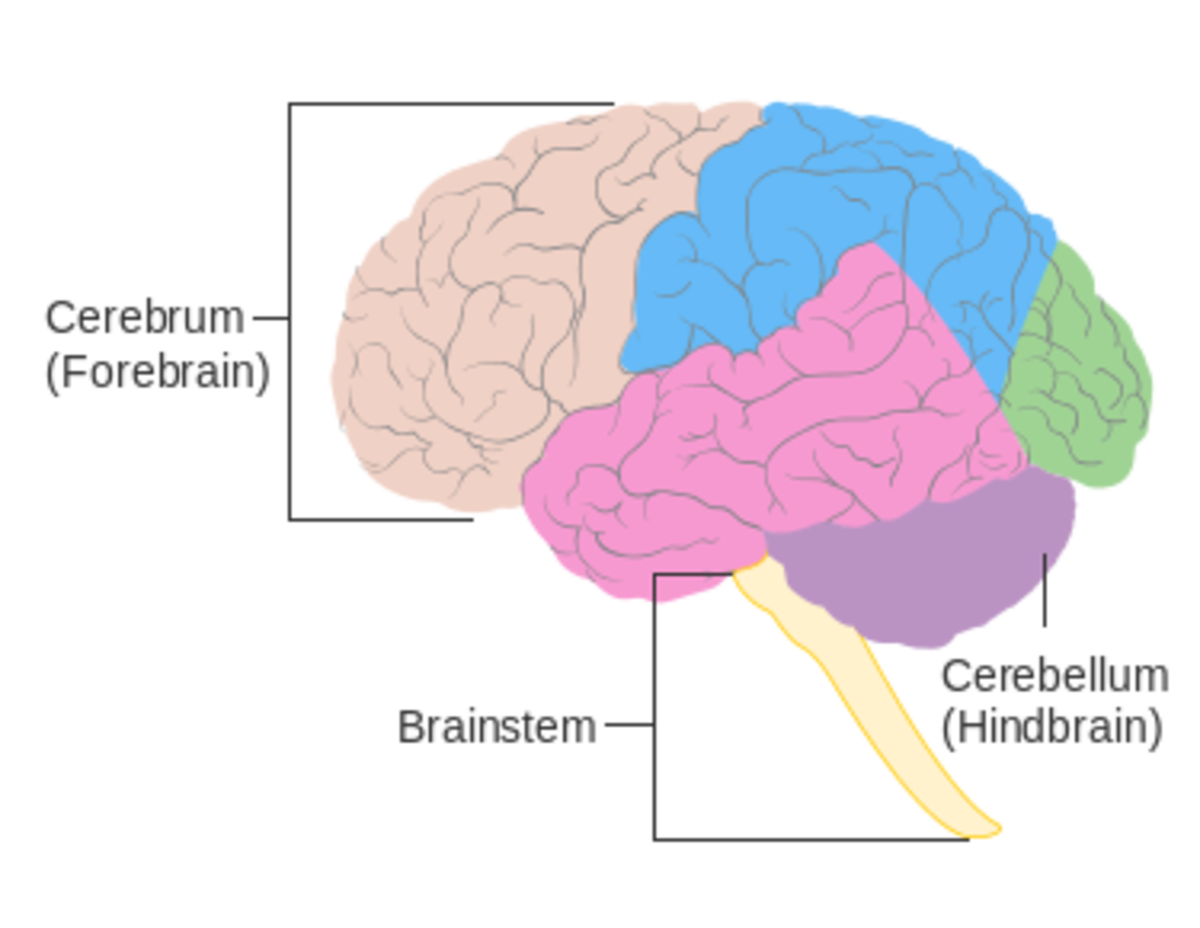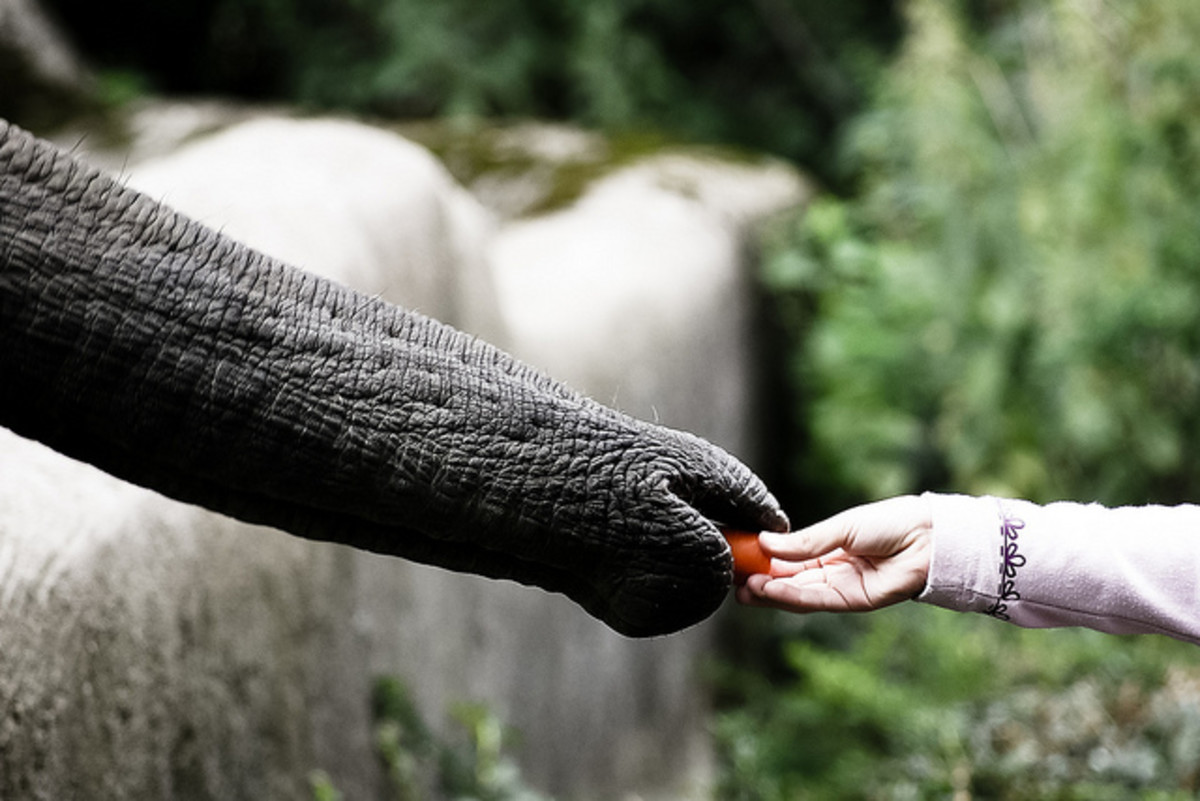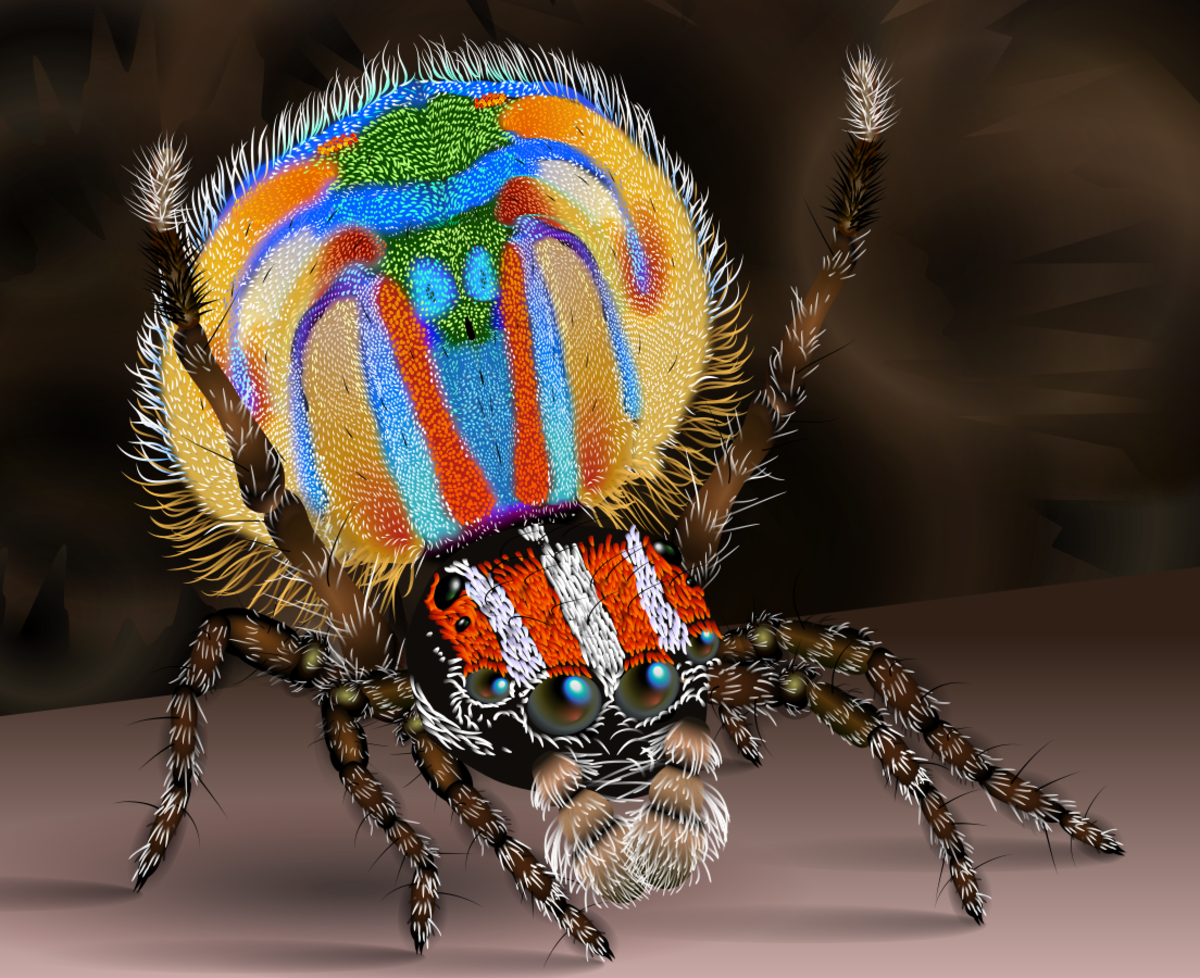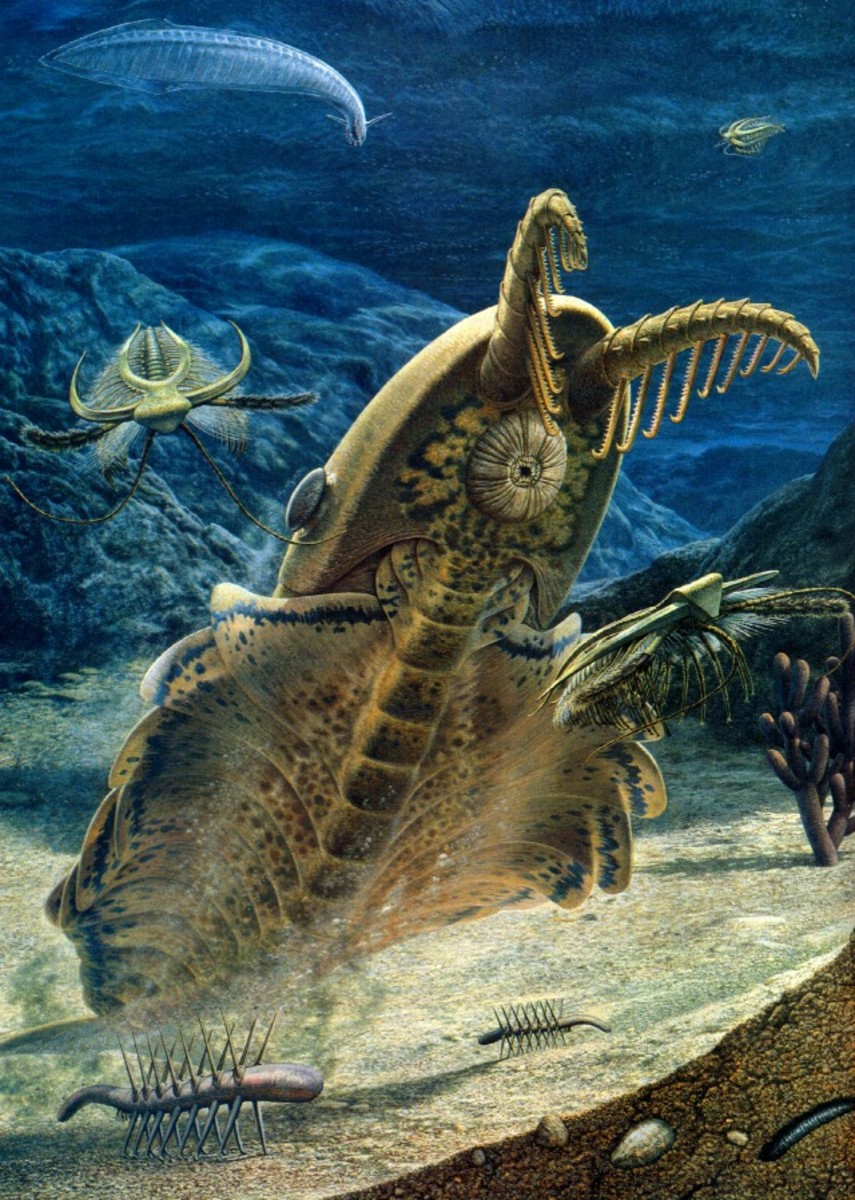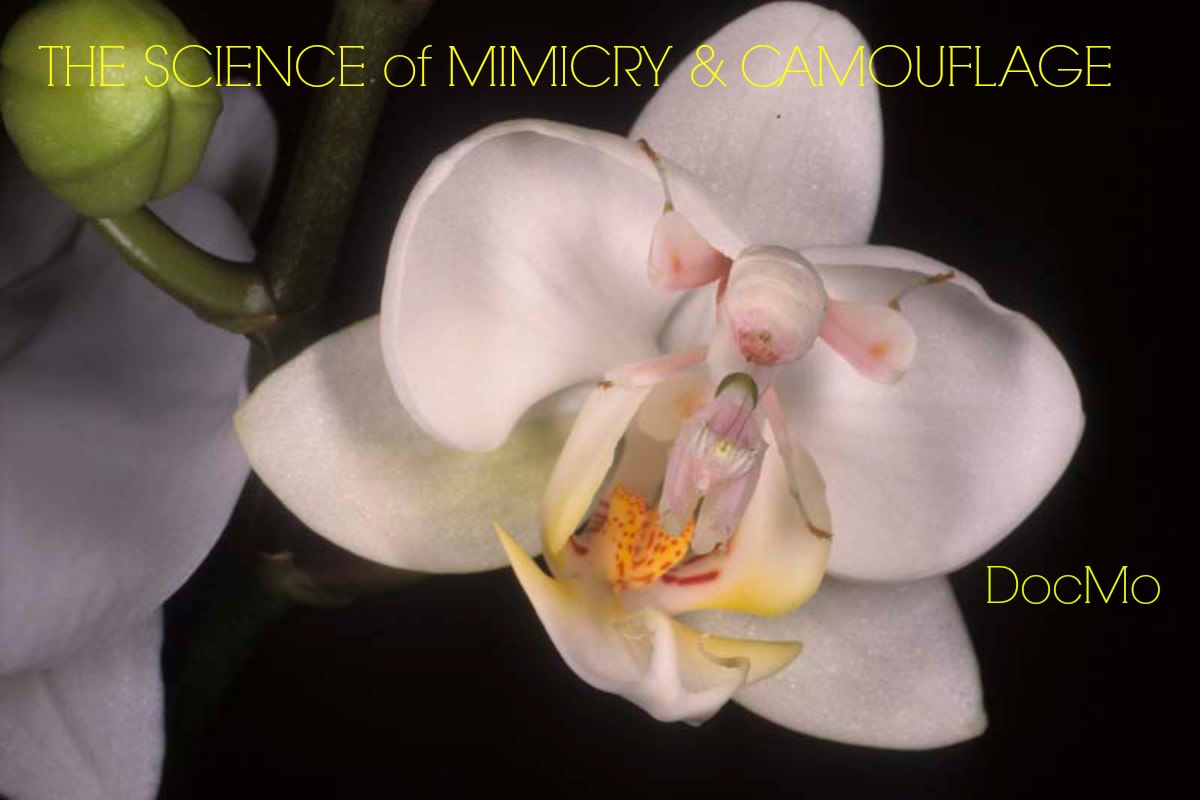5 Myths About the Human Brain
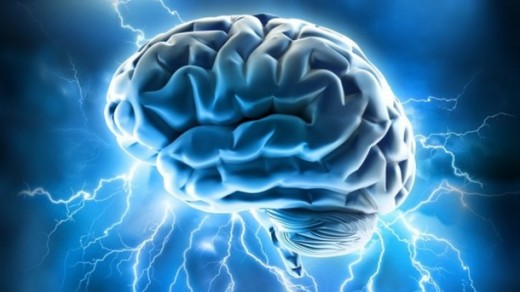
What do you think
Are humans smarter than animals?
About the Human Brain
Humans like to brag with their mental capacities. The Human race has mental capacities that animals seem to lack. That is a conclusion we draw based on our inability to reason with animals and vice versa.
We tend to project our consciousness on the world around us, since we are the ruling species on earth. As if domination would be the criterion of consciousness. But is it?
Humanity posit claims about their brain that is often based on assumptions instead on facts. The facts on the contrary appear to be quite confusing when interpreted correctly, and wipe out most of the claims made today by Homo Sapiens about their own brain.
Often made claims about the Human brain is that:
- The Human brain is anatomically unique
- Humans have the largest brains in absolute size
- Humans have the largest brains relative to body weight
- Humans have the largest cerebral cortex, and the largest prefrontal cortex
- Humans have brain centers not found in other species
Are these claims correct? A rational contemplation on this question.
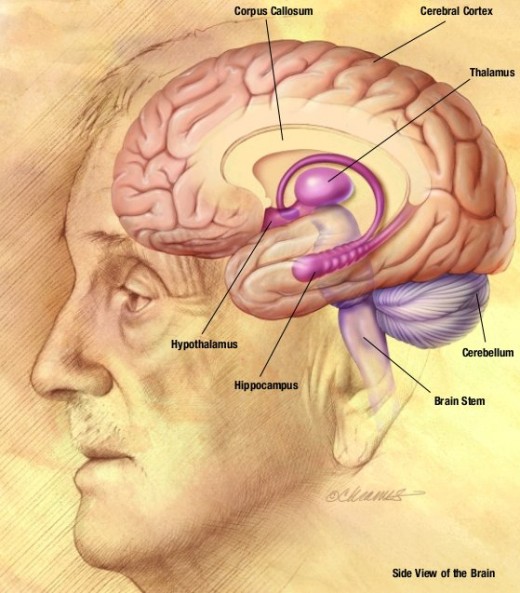
Myth #1 - The Human Brain is Anatomically Unique
All higher developed animals (reptiles, birds, mammals) including Humans have brains that, despite differences in outer appearance and size, are very similar in their general organization and even in most of the details.
The structures in Human brains necessary for
- attention
- declarative memory (long-term memory)
- emotions
- motivations
- guidance of voluntary actions
- evaluation of actions
are all present in the brains of higher developed animal groups.
These structures have the same connections and distribution of transmitters and neuromodulation (neuromodulators and neuropeptides) in reptiles, birds and mammals. There are differences between brains of amphibians, turtles, birds and mammals, that have emerged for adaptation to their habitat.
But there is no decisive distinction to make in brain functions between these group of animals and Humans. Human brains are anatomically equal to that of animals.
Sperm Whale Encounter
Myth #2 - Humans Have the Largest Brains in Absolute Size
This claim is incorrect. The animal with the largest brains are Sperm Whales. It is an intelligent hunter with an alleged extraordinary thinking power and with an amazing adaption to their environment.
Neuroscientists think that we seriously underestimate the intelligence of marine mammals. In other words, Orcas and Sperm Whales might be even much smarter in another way than the size of their brain suggests. Another kind of intelligence than that of Humans. Like Moby Dick outsmarted the cunning captain Ahab.
Baleen whales, which filter plankton and krill for food, do not have brains as large as toothed whales that actively hunt their (single unit) food. Sperm Whales hunt on giant octopuses that are thought to be amazingly intelligent as well. Remember Paul the Octopus and his ability to predict correctly the winners of quarterfinals, semifinals and finals of the 2010 World Cup? There was less than 0.8% chance to predict all seven winning teams correctly. Paul even outsmarted Goldman Sachs in his ability. Was this pure luck or pure intelligence?
Humans have the largest brains among current primates (Neanderthals had 25% larger brains), but by far not the largest brains among mammals.
Human don't have the biggest brains of the animal kingdom, not even in the top 3.
Brain Weights
Species
| Average Brain Weight (gr)
|
|---|---|
Sperm Whale
| 8,500
|
Killer Whale
| 6,500
|
Elephant
| 5,000
|
Human
| 1,350
|
Horse
| 590
|
Chimpanzee
| 400
|
Dog
| 135
|
Cat
| 30
|
Mouse
| 0.4
|
The greatness of a nation and its moral progress can be judged by the way its animals are treated.
— Mahatma Gandhi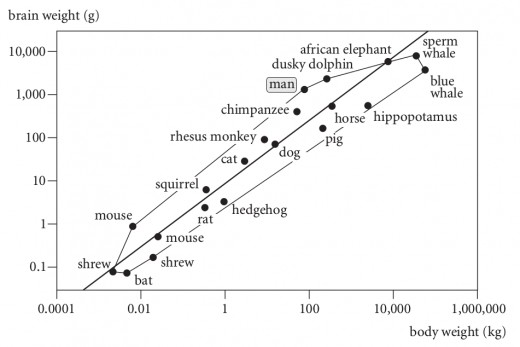
Myth #3 - Humans Have the Largest Brain Relative to Body Weight
The most important factor influencing brain size is body weight. In general terms, the larger the animals, the larger the brains.
The weight of the human brain compared to body weight is about 2%. In small rodents the relative brain weight versus body weight ratio can reach up to 10%. Among mammals have Humans the largest relative brain weight.
Contrary to common belief, do humans not have the largest brain either in absolute or relative terms.
Regarded from the common perspective that Homo Sapiens' capacities are exclusively thanks to their brains, we have to accept the fact there is something awfully wrong in this whole idea. It is true though that Humans have a larger brain than expected among primates.
If brain size would be the criterion of smartness, then some animals would be much smarter.
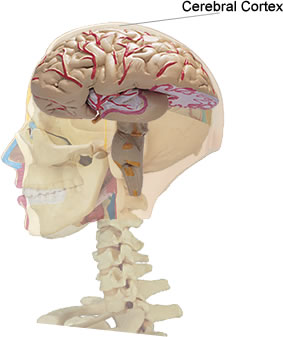
Myth #4 - Humans Have the Largest Cerebral and Prefrontal Cortex
The cerebral cortex is the outside shell of the brain (0.8 to 2.5 mm thick). The prefrontal cortex is the outer part of the brain at the level of the forehead.
There are such enormous differences in both size of brains, organization of brains, density of neurons and the amount of glial cells, that such claims cannot be maintained.
For example the volume of the Human cortex is about 3,000 times larger as the volume of a mouse cortex. But the neurone density of a mouse cortex is 10 times higher, which is a necessary result of another architecture which is the result of another metabolism.
The amount of neurons in Sperm Whales are not yet measured, but based upon extrapolations of smaller whales, it is expected that Sperm Whales would have between 200 to 250 billion neurons. That is 2 to 2,5 the amount of the Human brain.
Recent discoveries about Elephant brains, commonly accepted among experts, show that they must have the same mental and cognitive capacities as Humans.
The typical intelligence of Humans cannot be measured by the size of the cortices.
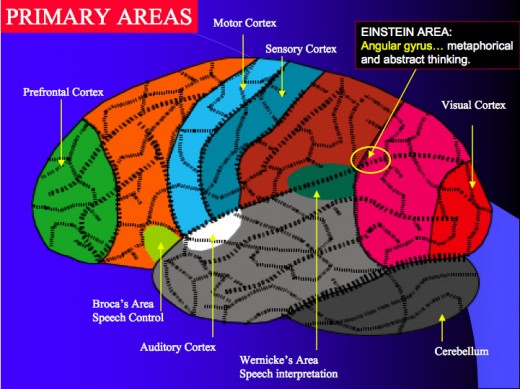
#Myth 5 - The Human Brain is Differently Organized
There is no decisive distinction to posit between the brains of Humans and that of animals. That speech and logical functions would be THE discriminating difference between Human brains and animal brains is unproven.
Animals have a functioning communication centers in the brain, as well as logical functions. These functions are often dismissed as instinctive functions. They nonetheless serve as logical centers.
There is no ultimately discriminating difference between the organization of the Human brain and that of animals.
What Makes Humans Different Then?
There are just a few decisive differences between the Human brain and the animal brain. But these theories are still unproven, especially when compared with the brains of cetaceans.
- The Human brain would have more synapses (1 quadrillion = 1,000,000,000,000,000), against an unknown amount in cetaceans. Meaning that it is still an assumption that this would be THE difference.
- Humans have the highest Encephalization Quotient (EQ=7) of the larger animals (weight of brains relative to body weight). This is an undeniable fact.
- Humans are the only species with a very advanced eye-hand function. This is also an undeniable fact.
Speech seems not to be decisive, since cetaceans have a very advanced way of communicating as well, which is still far beyond our comprehension.
There appears to be just TWO decisive differences between Humans and the most intelligent animals. The very high EQ and the unique advanced eye-hand function. From which the advanced hand functions is likely to be the best evolutionary tools. It seems to be a complex mind-matter interaction that makes the difference.
There are also similarities between some of the smartest animals and Humans:
- Elephants have an advanced eye-proboscis coordination
- Octopuses have an advanced touch-tentacles coordination
Homo Sapiens is a species that seems to develop an extraordinary consciousness via the hands. This function requires complex feedback loops to and from the brain that appears to be an evolutionary bull's-eye.
But what is the reason to define world dominance as a measure of intelligence? There seem to be other highly evolved less egoic beings on earth that adopted other, less destructive criteria. We might learn something from them. That means if we are intelligent enough.
© 2015 by Buildreps
Source
Source i.a.: Mirror Neurons and the Evolution of Brain and Language. Maxim Stamenov, Vittorio Gallese, 2002

